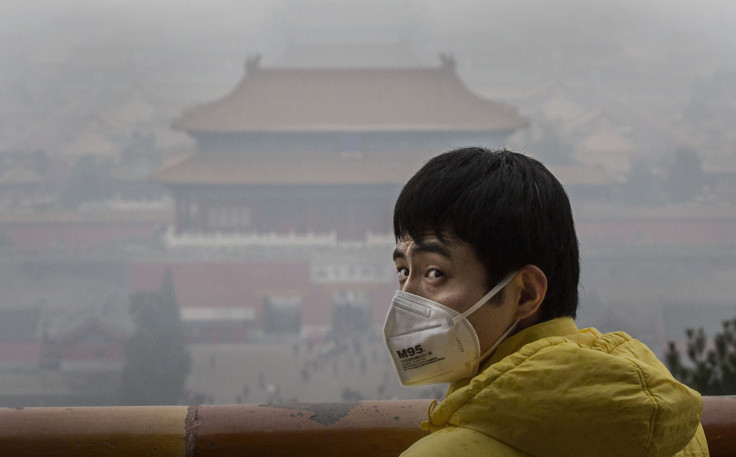US-China Climate Deal: Presidents Obama And Xi Agree To Sign Paris Climate Agreement ‘As Early As Possible’

The U.S. and China won’t skip a beat in signing the global climate change agreement reached in Paris late last year. The world’s two largest emitters of greenhouse gases said Thursday they would formally take the pledge April 22, the first day countries can sign it.
U.S. President Barack Obama and China’s President Xi Jinping issued a joint statement announcing their plans to enlist “as early as possible this year” and urged other countries to follow suit. The U.S. and China have worked jointly on climate issues since November 2014, when the two presidents first announced commitments to curb their nations’ respective carbon footprints.
“Our two countries, with this joint statement, are making an important step forward in building on the success of Paris by urging and encouraging swift entry into force of that agreement,” Brian Deese, an Obama senior adviser, said on a press call Thursday.
Almost 200 countries agreed in December to adopt domestic plans for cutting greenhouse gas emissions. They also set a common goal to limit the rise in global average temperatures to “well below” 2 degrees Celsius (3.6 degrees Fahrenheit) above preindustrial levels. The United Nations-backed agreement arrived after two decades of negotiations that failed to result in firm commitments.
The U.S. and China for years were partly to blame for the lack of progress at U.N. climate talks. Both countries resisted international pressure to set limits on their emissions, arguing that such a move could jeopardize economic growth. The Obama administration was reluctant to set aggressive targets unless major competing economies such as China did the same. China and other emerging economies such as India argued that the richest nations, which have historically spewed the most carbon pollution, should first commit to stricter standards.
Obama and Xi broke their stalemate in late 2014 by jointly announcing emissions targets. Obama pledged to cut America’s emissions by as much as 28 percent below 2005 levels by 2025. And Xi proposed to curtail China’s carbon output so that emissions would peak “around 2030.”

Climate scientists and environmental groups generally praised the targets, but criticized the governments for not doing more to reduce greenhouse gas emissions. The Paris agreement similarly won’t go far enough to curb the world’s rapidly rising emissions or prevent catastrophic levels of global warming unless countries commit to deeper reductions, critics have argued.
Still, climate leaders cheered the announcement by Obama and Xi Thursday, saying the commitments from the world’s biggest economies and heaviest polluters could boost support for the Paris deal worldwide. The April 22 global signing ceremony at the United Nations headquarters in New York is timed to coincide with Earth Day.
“This demonstrates continued momentum from Paris and an ongoing commitment by the United States and China to collaborate and drive climate action forward on the global stage,” David Waskow, the director of the International Climate Initiative at the World Resources Institute, a nongovernmental research organization based in Washington, said in a statement.
© Copyright IBTimes 2025. All rights reserved.





















